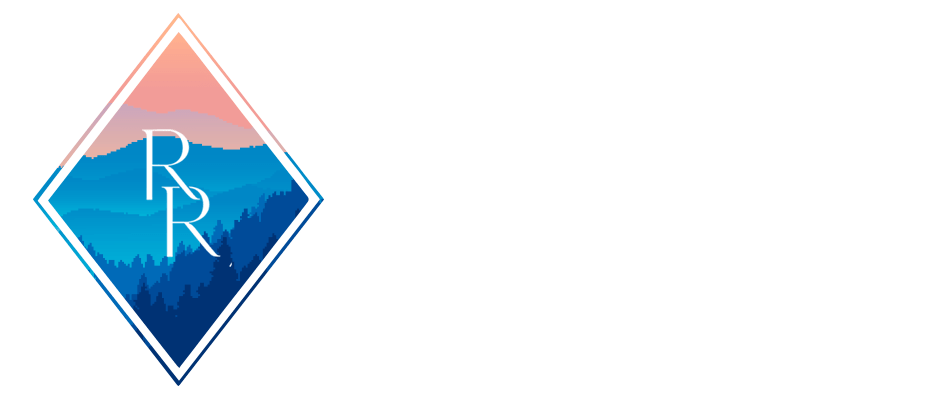Post-traumatic stress disorder (PTSD) is a condition that is strongly correlated with certain mental health issues and, in particular, substance abuse. So, can addiction cause PTSD or does it only go the other way?
Several studies have explored the relationship between PTSD and substance abuse, determining whether one causes the other and vice versa.
What Research Says: Can Addiction Cause PTSD?
Several studies have found that individuals struggling with PTSD will turn to substance abuse as a form of self-medication. This is typically the explanation behind the majority of co-occurring disorders related to addiction and PTSD.
But what about the other way?
Some research has found that illicit drug use can actually increase the risk of PTSD in one of two ways:
High-Risk Behaviors
The first way is that individuals who abuse drugs and develop an addiction are more likely to be involved in high-risk behaviors. These high-risk behaviors increase the risk of experiencing trauma that subsequently leads to PTSD.
Neurochemical Changes
The second way relates to the high-risk behaviors and neurochemical changes. Individuals who abuse illicit drugs and develop an addiction are also more susceptible to developing PTSD after a traumatic event related to addiction.
Those same individuals will experience neurochemical changes in their brain that increase that susceptibility meaning that the more an individual struggles with addiction or the longer they struggle with addiction, the greater those neural chemical changes are and therefore the greater the risk that exposure to a traumatic event will cause PTSD.
Co-Occurring Disorder Relationships
With this research in mind, there is a clear and vicious cycle that causes co-occurring disorders in both directions:
- Individuals who struggle with PTSD are at a higher risk of turning to illicit substances or even prescription drugs and alcohol as a way to self-medicate.
- Those who don’t have PTSD but start to develop an addiction are more likely to experience trauma in relation to their high-risk behaviors.
- Those who experienced trauma after struggling with addiction are more likely to develop PTSD because of that traumatic event.
- From there people who have PTSD are more likely to turn to increased drug and alcohol abuse as a form of self-medication.
As such, if you or someone close to you is struggling with either condition, there is a higher risk of developing the other. So, can addiction cause PTSD? Yes, it can and addiction puts you at a higher risk of traumatic events.
Given this distinction, the right type of treatment for any individual should include co-occurring or dual diagnosis care that provides detox and ongoing therapy or medication for both conditions simultaneously.
Co-occurring or dual diagnosis treatment will start with detox at a qualified treatment center during which individuals undergo the detoxification process for addiction. This helps an individual move beyond the physical aspect of their addiction.
From there, individuals can choose to participate in residential or outpatient programs to help treat the mental aspect of addiction as well as the trauma associated with PTSD.
If an individual struggles with addiction to opioids or alcohol, the most recommended course of action is medication assisted treatment or MAT for detox and with this, individuals receive FDA approved medication to help ease the withdrawal symptoms but are also required to participate in an approved therapy program at a qualified treatment center thereafter. During the course of this continued treatment individuals will receive ongoing medication to help ease things like cravings.
Get Help for Addiction and PTSD with Ritual Recovery
At Ritual Recovery, we can answer questions like “Can addiction cause PTSD” and we can give you a collaborative form of recovery and support.
At our facility, we value innovation, curiosity, community collaboration, and sustainability. We specialize in two types of partial hospitalization programs: one where housing is provided and another where you attend during the day but remain at home. Additionally, we offer intensive outpatient programs and outpatient drug rehab in Asheville.
Both programs provide individual counseling as well as substantial group therapy combined with things like adventure therapy, on-site hiking, and weekly activities. Our goal is to help individuals struggling with addiction or co-occurring mental health disorders like PTSD to create balance between free time activities like reading and music as well as holistic addiction treatment and outdoor activities.
To learn more about questions like “Can addiction cause PTSD” or to get help today, contact our team at 866-530-5836.








